What’s wrong with working for six hours straight without eating?
This is like asking what’s wrong with sleeping for six hours per night – can we function? Yes. Is 7-9 hours better? Also, yes.
Yet, so many people do this – especially to get into a flow state. Or sometimes they don’t have a choice. Back-to-back meetings make preparing lunch close to impossible, and deadlines can’t be moved.
All that aside, I tend not to encourage the whole skipping thing. My first question to clients usually goes something like, “… is it that you can’t? Or won’t?” A wise teacher once asked that same question to me about my child when she was 18 months, preferring the wood chips to the slide. (For the record, I’ve since realized that kids definitely do things when THEY are ready, regardless of when the parent wants them to be ready).
But that question has burned deep in my mind ever since, and struck me as one we need to ask not just of our children, but of ourselves. Is it that we can’t or won’t?
We cannot move a meeting — many times, we just can’t. If we haven’t preempted thinking ahead or thought through a backup plan, so goes our way of nourishment at a critical point. Then it’s a snowball effect, and for many, can become hard to rebound.
On the other hand, maybe we don’t want to come out of our flow. Or maybe we just lose track of time. More often than not, that is the case and why most people find themselves raging hangry by 4pm after a whole day of forgetting.
What’s the problem with skipping a meal?
It’s less about eating set meals, and more about listening to what your body needs when it needs it – versus overriding cues. I used to keep almonds in an empty Altoids tin at work to surreptitiously feed myself if hunger struck during unexpectedly long meetings. Let me tell you – this really helped avoid some nasty headaches!
When you expect a certain level of mental and physical performance out of yourself for work, for sport or otherwise, skipping a meal lowers blood glucose and can quite literally impact energy levels. For those who haven’t had ample calories prior to lunch with a breakfast or snack, skipping a meal further drops glucose levels and can lead to lethargy, headaches, and even dizziness. For those managing diabetes, skipping meals can be detrimental.
The weird part is that by skipping a meal, the body inadvertently raises blood glucose levels. This makes complete sense – the body is trying to feed its brain and muscles, and does so by circulating more glucose for energy. Over time, irregular meals can increase the risk of developing impaired fasting glucose tolerance, a risk factor for Type 2 Diabetes Mellitus (source).
Throughout the 12 hours that we get a chance to consume calories (because the other 12 we are sleeping and doing our morning/evening rituals), we want to maximize our energy, not deplete it. Skipping meals and snacks are often a missed opportunity for getting key nutrients.
Here’s how to tackle this.
I’m serious about that empty Altoids tin! But really, the idea is to have access to nutrient-dense calorically-rich, satisfying foods that can be eaten quickly when in a bind. If you cannot have a full meal, it helps to have non-perishable snacks accessible, so that you can accumulate what I call a “work-snack-stash.”
Some of my favorite fast combos, in no particular order:
Some other ideas:
- Protein shake (I like Owyn and Evolve) + fruit
- Swiss Miss packet in peppermint tea + a handful of mixed nuts
- Fresh edamame or dry roasted edamame
- 1 string cheese or 2 Babybel lites + 1 apple
- Cottage cheese + fruit + 1 handful of nuts
- Greek yogurt + fruit + nuts
- Whole-grain cereal (I love Kashi GO) + milk
- Triscuits + veggies + favorite dip
- Tangerines + hard boiled eggs
Bottom line – listen to your body, “it talks to you,” as my Grammy Bev would say (and Grandmas know what’s good). If you eat when you need to, your flow state and/or workouts will be better powered – and that is exactly what we need to get the job done.
Do you have a favorite meal or go-to snack? Share below in the comments!


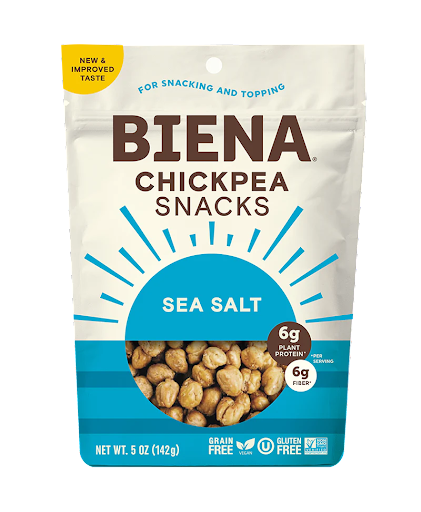
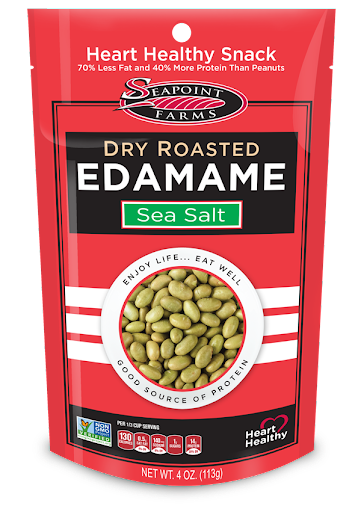

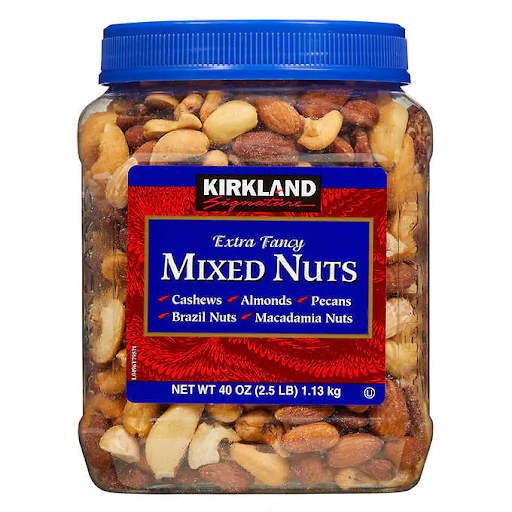

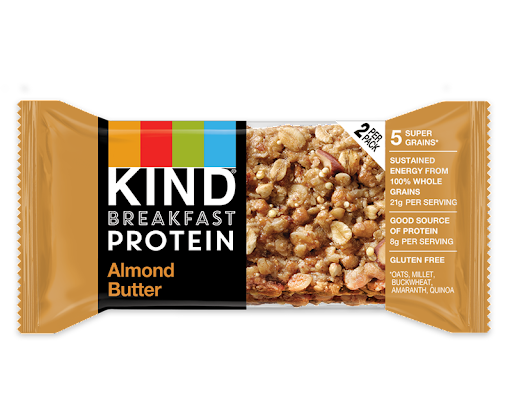
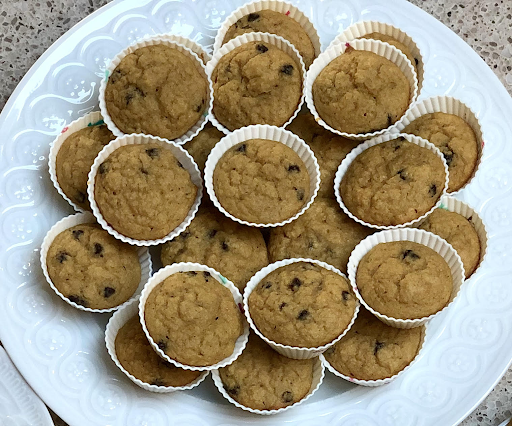

0 Comments